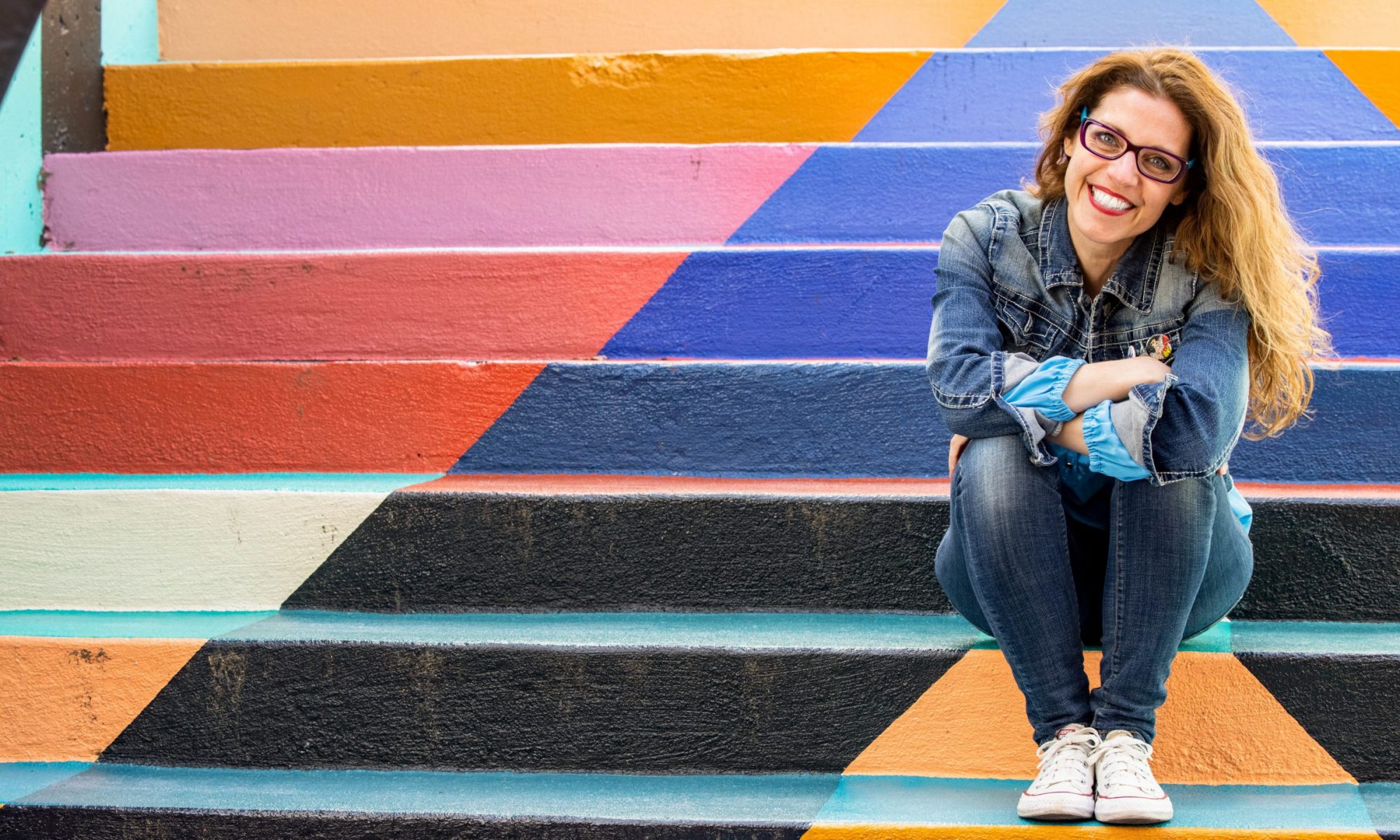Growing up in such a large family meant many things were certain:
1. There was never not noise and commotion
2. If you wanted seconds you had to hurry through your first serving
3. Everyone shared a bedroom with at least one other person
4. Gardening was how we fed ourselves and participation was not optional
5. We all sat down together for supper every night
6. Monday nights were reserved as family nights, no exceptions
7. “Emergencies” like bleeding, broken bones or illness earned you focused, and often immediate, attention from 1-2 stretched-way-too-thin parents
8. Bedtime was a three-ring circus operating precariously under the supervision of an always-distracted ringmaster
9. Anytime the arguing got loud enough to draw the attention of a neutral party, said neutral party would start singing my parents’ favorite hymn for just such an occasion: “There is beauty all around, when there’s love at home. There is joy in every sound, when there’s love at home” and their singing would be met with shouts of “SHUT UP!” from the arguing parties now being reminded that Love is not supposed to be so loud. But who wants to think about love when such injustices are being committed against you right here in the family room?!
Loud. Love actually is loud sometimes. At least that’s my experience in my family of ten: how could it ever be anything different than it was? Than it still is even today with all eight of us siblings grown with families of our own? We love out loud. It’s what we know to do because our parents loved us out loud through every “Make your bed” reminder; “It’s your turn to help with the dishes” warning; Saturday morning listening to Daddy singing “Old Man River” with his left arm draped on the open windowsill of his 1976 red Ford pickup truck while I sit quietly buckled into the middle seat feeling his bigger-than-life right arm bump against me every time he shifts gears; the steam escaping Mama’s old iron waiting alongside the hum of her Singer sewing machine stitching my dreams-come-to-life dresses; after-dark-only games of Ghost in the Graveyard with Daddy as both ghost and protector when his surprising roars scared me to tears; the turning of oft-turned front wheels against the gravel drive coming or going with yet another precious cargo driven by an exhausted chauffeur mother.
Love is loud.
I wouldn’t hear it any other way.
